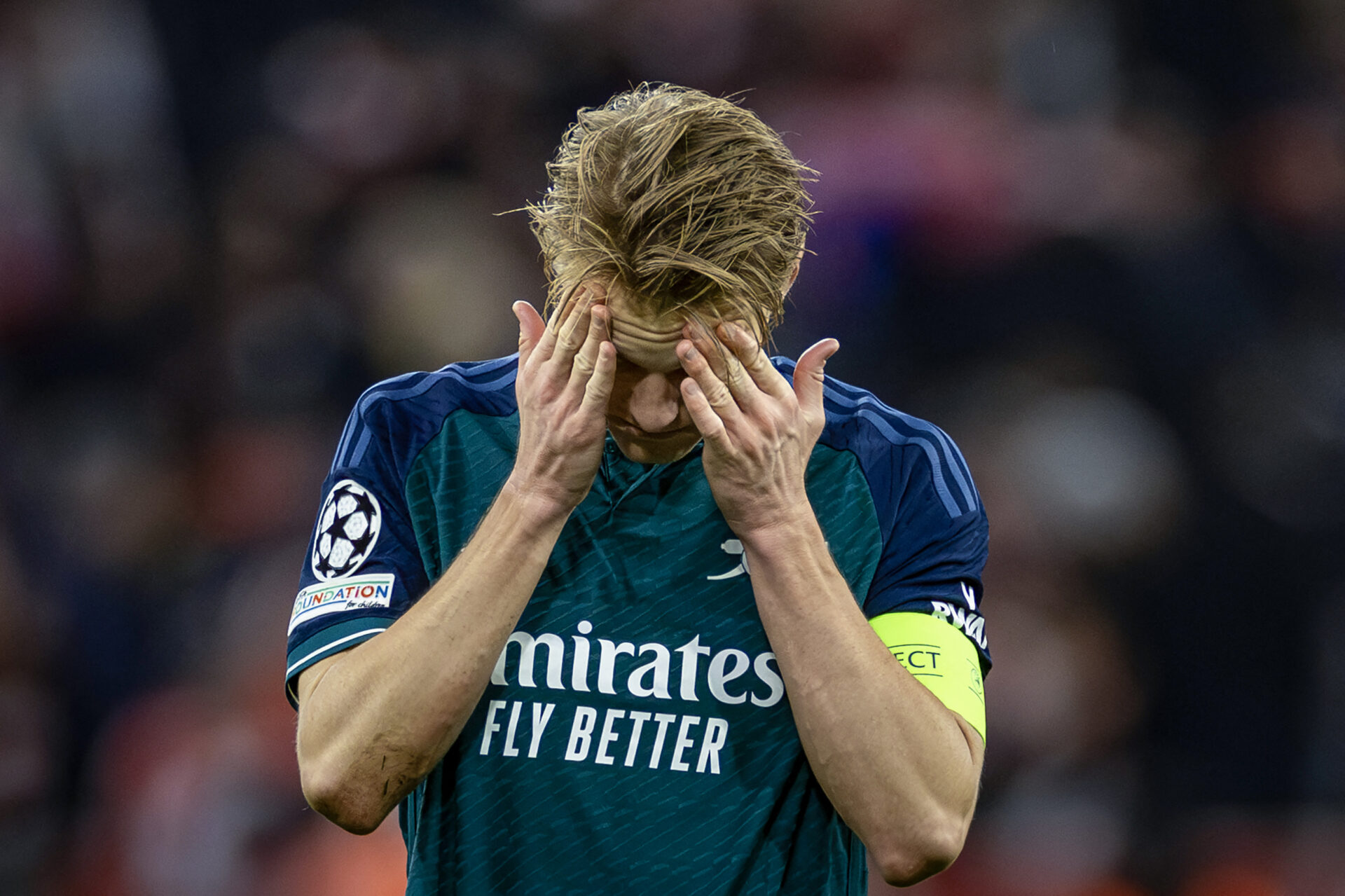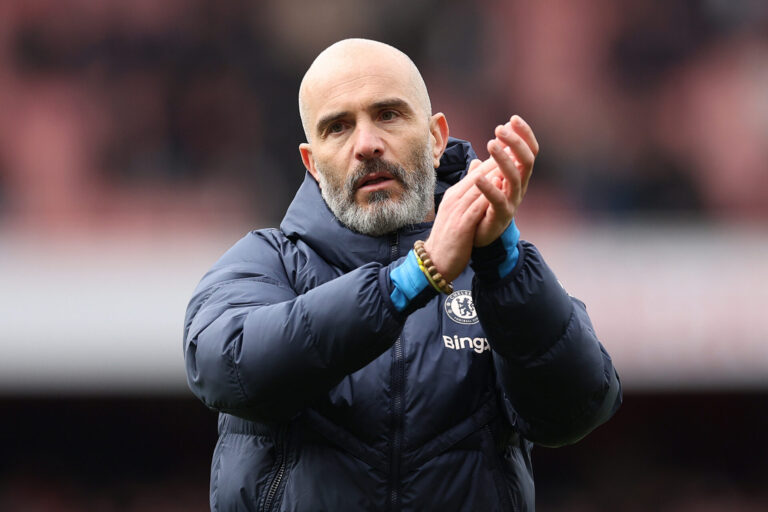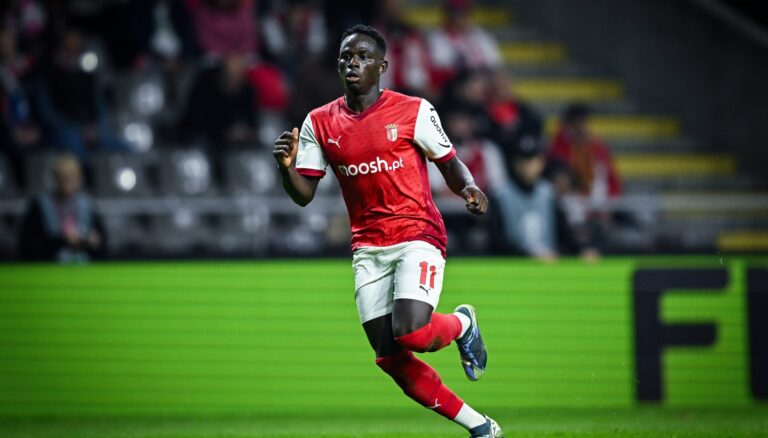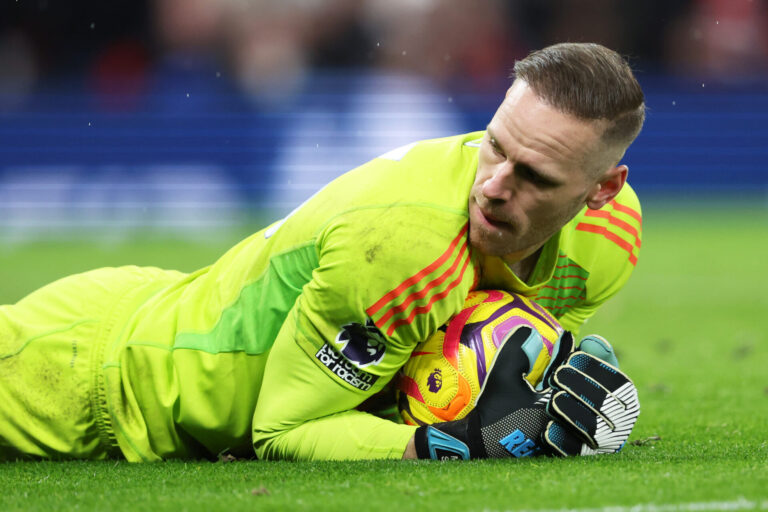Why Did English Teams Struggle in Europe?
After a resurgence in English clubs succeeding on the continental stage over recent years, what happened in the 2023–24 campaign, and why did English teams struggle in Europe?
For the first time in four years, there were no English clubs in a European final and only Aston Villa would reach the semis—that being a 6-2 aggregate loss to Olympiacos in the Europa Conference League.
Real Madrid eliminated Champions League champions Manchester City, while Arsenal lost to a weak Bayern Munich team, and Atalanta soundly defeated Liverpool in the Europa League.
West Ham were drawn against the invincible Bayer Leverkusen side in the quarter-finals of their Europa League campaign, so a well-fought defeat couldn’t be criticised.
However, Brighton lost to Roma in their European journey, and Newcastle and Manchester United both exited the Champions League in the group stages. Why did these eight teams all fail?
The Premier League Has Become Too Competitive
The richest league in the world, widely regarded as the highest-quality division across all of football, has perhaps become its own undoing in terms of European success.
In the early 2010’s, when Spain and Germany dominated the continent, English clubs had to spend more money and attract the best coaches to finally compete once again on the biggest stage.
However, that may now be costing them, with every game in the Premier League so intense and competitive that coaches can’t afford to rest players or take a game ‘easy’.
Mikel Arteta and Arsenal may have best demonstrated this because they didn’t appear to run the risk of rotating players like Martin Odegaard, Bukayo Saka, and Declan Rice, which could have led to fatigue later in the season.
Other leagues across Europe had their champions declared with plenty of games in hand, allowing the teams competing in continental competitions to focus fully on winning the tournament.
However, the Premier League title race would go down to the wire and both Pep Guardiola and Arteta seemed to place precedent on winning the domestic crown when a choice had to be made.
Every team in the English top-flight, barring a few exceptions, now has a number of top-quality players, making most fixtures unrelenting and therefore draining the squad’s energy before their midweek clashes in Europe.
Whilst not the only factor, it certainly plays a role in the overall success of the nation’s adventures abroad.
Luck of the Draw
As previously mentioned, some teams were given draw’s that stacked up unfavourably compared to others in the competition.
Manchester City looked to have the better of Real Madrid before succumbing to Los Blancos usual Champions League magic, losing out to the lottery, that is penalty kicks.
The aforementioned Leverkusen were always going to be more than David Moyes’ West Ham side could handle and Newcastle’s group with PSG, AC Milan and finalists Borussia Dortmund couldn’t have been much tougher.
A youthful Arsenal team were out-experienced by Bayern Munich at a tight affair in Germany, with the Gunners lacking the know-how to get the better of the European giants.
However, Manchester United and Liverpool should have done better in their respective competitions and the dizzy new heights seemed to get the better of Brighton on their continental escapade.
Villa seemed to have turned their focus to securing top four spots in the League and may have just let Olympiacos run riot a little too easily, yet still, the Greek side seemed unstoppable on their way to the eventual conference league crown.
A Reluctance to Change
As always in cup competitions, league form can take a back seat when the result of a tournament is decided over 90 minutes and not nine months.
Dortmund came fifth in the Bundesliga but held their own in the Champions League final at Wembley, while Atalanta came fourth in the Serie A yet knocked out title-challenging Liverpool on their way to Europa League success.
Olympiacos only came in third in the Greek Super League, yet they demolished the fourth-best team in England as they lifted the conference league.
Carlo Ancelotti has become the master of coaching a game to win no matter the circumstance, less concerned with control of a tie than perhaps a Guardiola or Arteta.
The style of play that has a blueprint for Premier League success has only warranted one Champions League triumph for Guardiola at City across eight seasons, so are English teams too stubborn?
The short answer is that nobody knows, as these tactical masterminds see the beautiful game in a way so abnormal to the untrained eye, but the apparent chaos that European ties entail seems to have caught the Premier League unawares this year.
An Anomaly or the New Normal?
Despite a disappointing year, English clubs will still look to the future of European success with ambition and hope, with the prospect of glory as realistic as ever.
Premier League teams have held a place in a continental final 12 times since 2017 and with outfits such as Arsenal and Chelsea, who will only improve in the following years, alongside the usual suspects of Manchester City and Liverpool, England could easily have a stranglehold on Europe once again.








